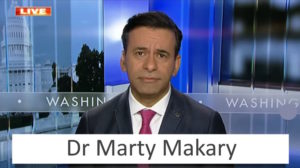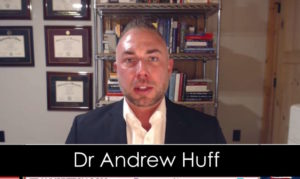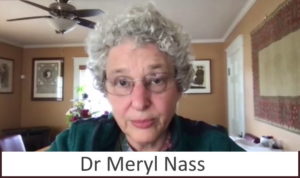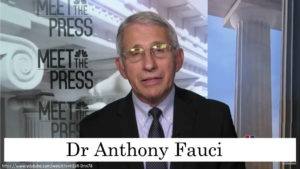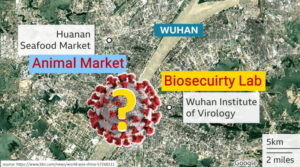NIAID establishes CREID global network to investigate pandemic pathogens
On August 27, 2020 the US NIH announced that the NIAID has established the Centers for Research in Emerging Infectious Diseases (CREID), justified by the "impact" of COVID-19 pandemic, they promisie to set up worldwide surveillance architecture to identify the next pandemic pathogen before it moves from animal to human. [1, 2] Coronaviruses begin the pathogen list. The CREID Coordinating Center is a partnership between the Duke Human Vaccine Institute (DHVI) parnered with non-profit RTI International. [3, 4, 6] "The CREID network – comprised of 10 research centers and the coordinating center– is a network of centers in regions around the globe where emerging and re-emerging infectious disease outbreaks are likely to occur." The global network involving "multidisciplinary investigations" hope to find out "how and where viruses and other pathogens emerge from wildlife and spillover to cause disease in people." DHVI just happen to be researching a a pan-coronavirus "super vaccine" for protection against future variants! [5] NIH seed fund is approximately $17 million in grant funding of $82 million over 5 years. Peter Daszak's EcoHealth Alliance was awarded one of the first grants, and CREID is working with China.

